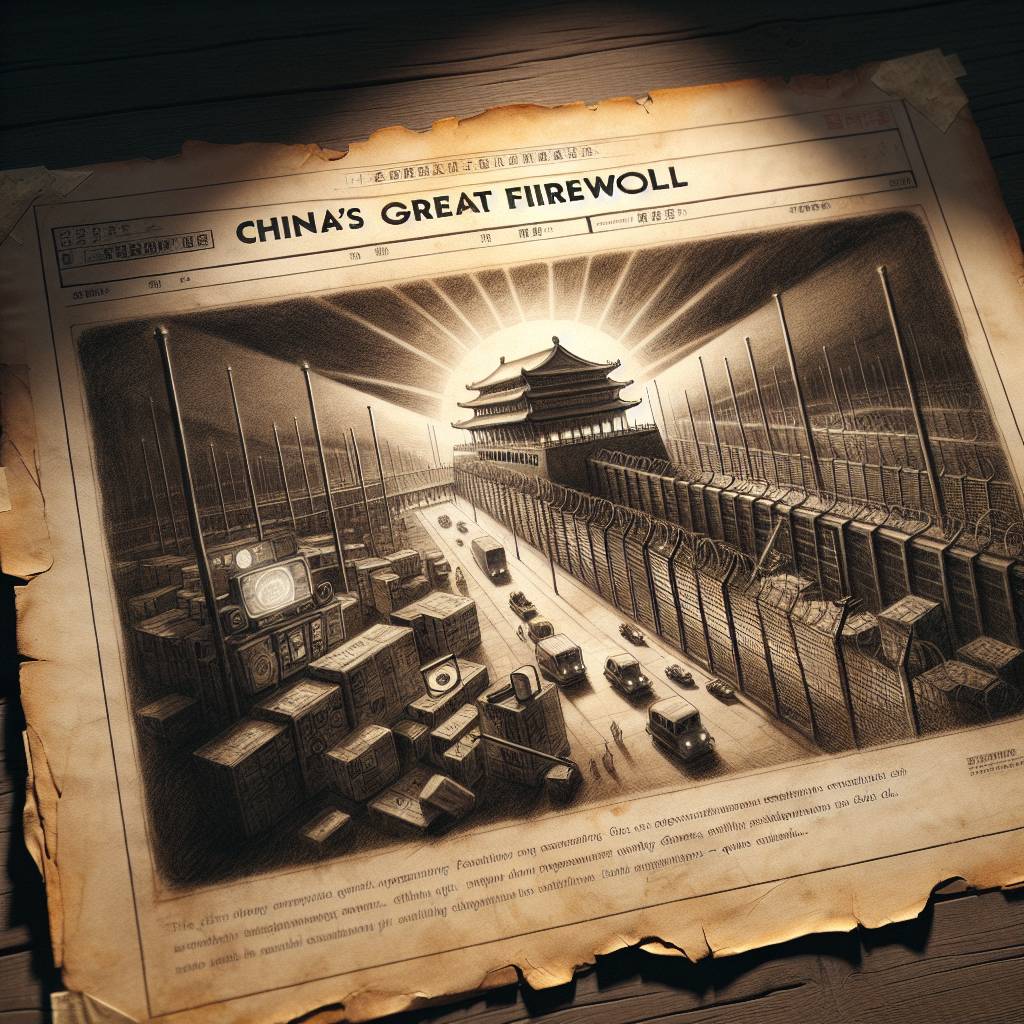China’s Firewall Fumbles: QUIC Censorship Backfires with Comedic Timing
China’s Great Firewall is grappling with QUIC censorship, leaving it vulnerable to attacks. Researchers found that the firewall’s QUIC blocklist is flawed and unpredictable, with censorship rates fluctuating daily. The system’s inefficiencies could allow external actors to degrade its performance, potentially impacting China’s access to international DNS resolvers.

Hot Take:
QUIC, you came, you saw, but China’s Great Firewall is still trying to conquer you! As China tries to block its way to internet censorship glory, it seems like they need a lesson in “QUIC 101″—maybe start with the chapter on “How Not to Block the Unblockable.” It’s almost as if the Great Firewall decided to play hide-and-seek with QUIC and forgot the rules. But hey, at least the censors are getting some exercise chasing those elusive packets!
Key Points:
- China’s attempts to censor QUIC traffic are flawed, leaving it vulnerable to attacks that could degrade its censorship capabilities.
- The Great Firewall’s QUIC blocklist is smaller and less precise than other censorship tools, affecting domains that don’t even support QUIC.
- QUIC traffic blocking rates fluctuate with internet usage patterns, suggesting operational challenges for China’s censors.
- Researchers discovered potential for availability attacks that could disrupt China’s DNS access.
- Despite partial mitigations, China’s censorship infrastructure remains susceptible to targeted degradation.
